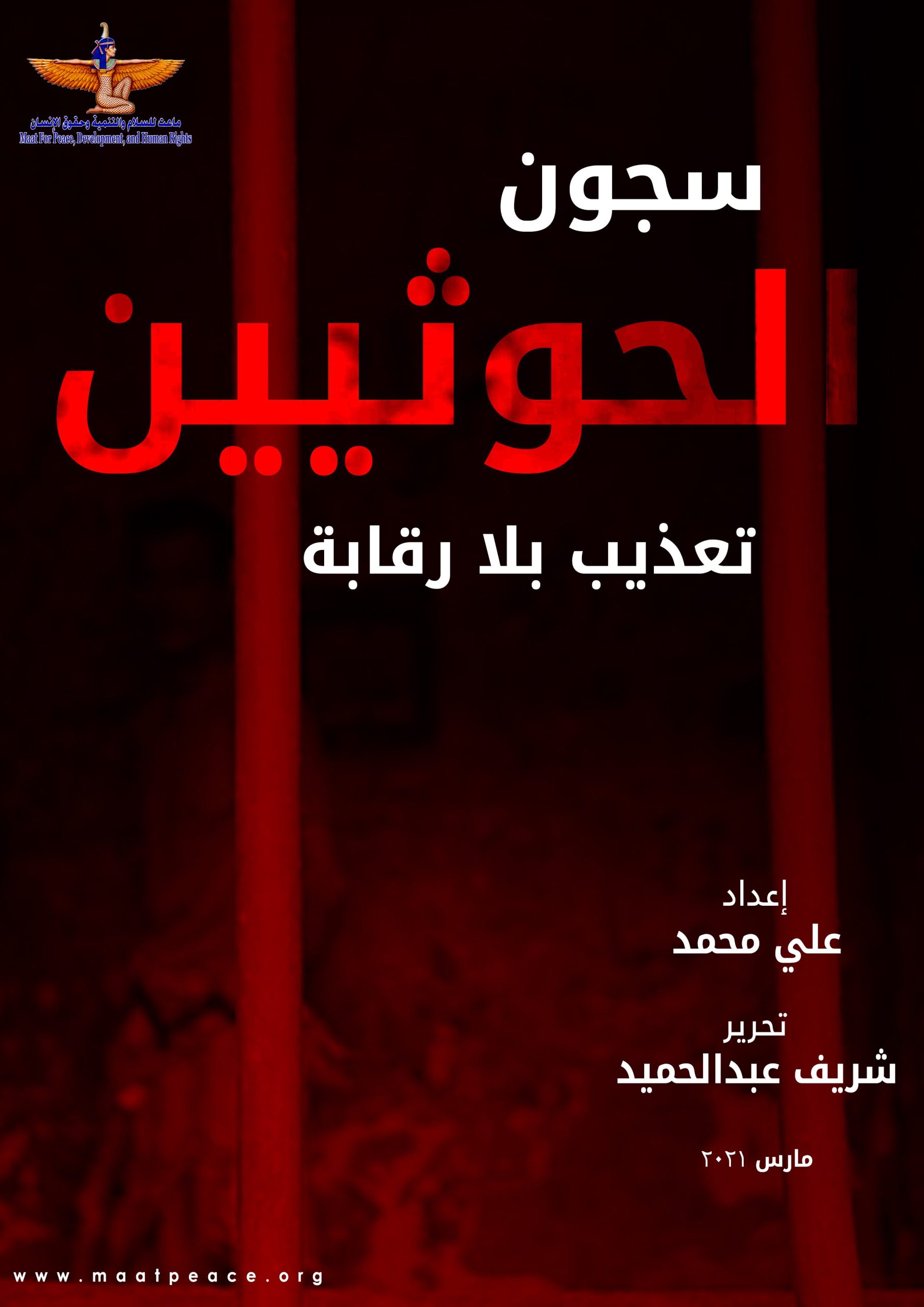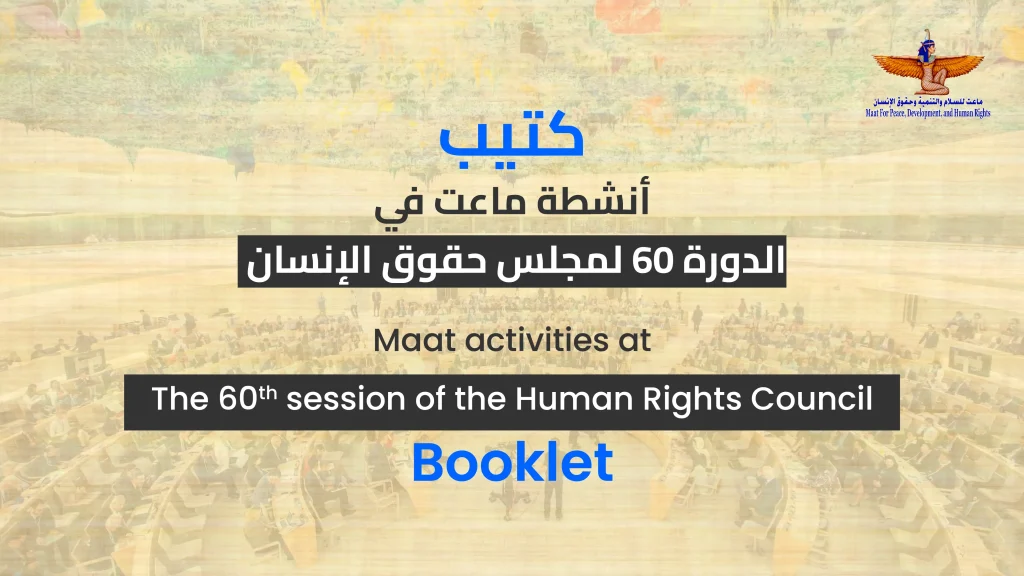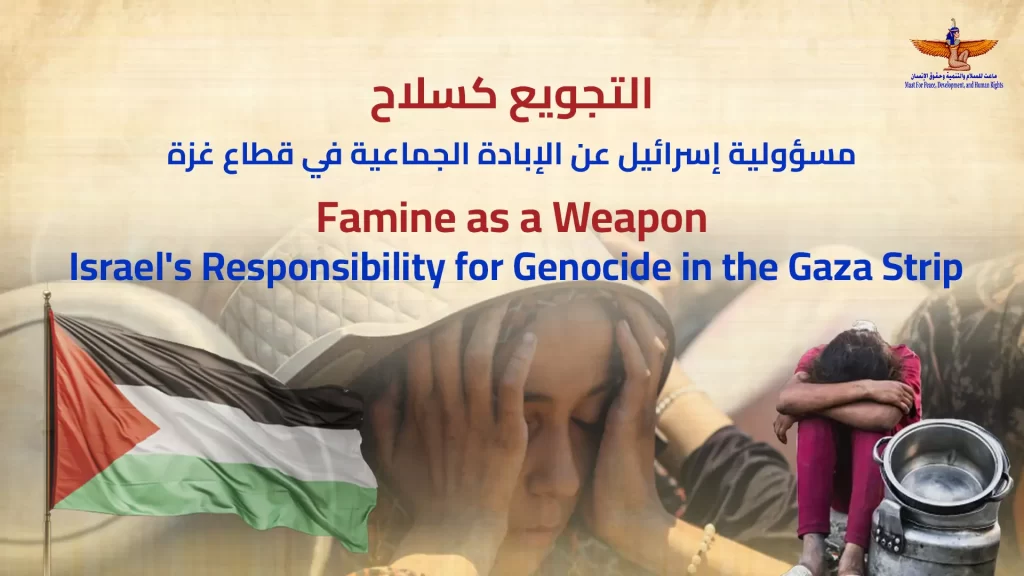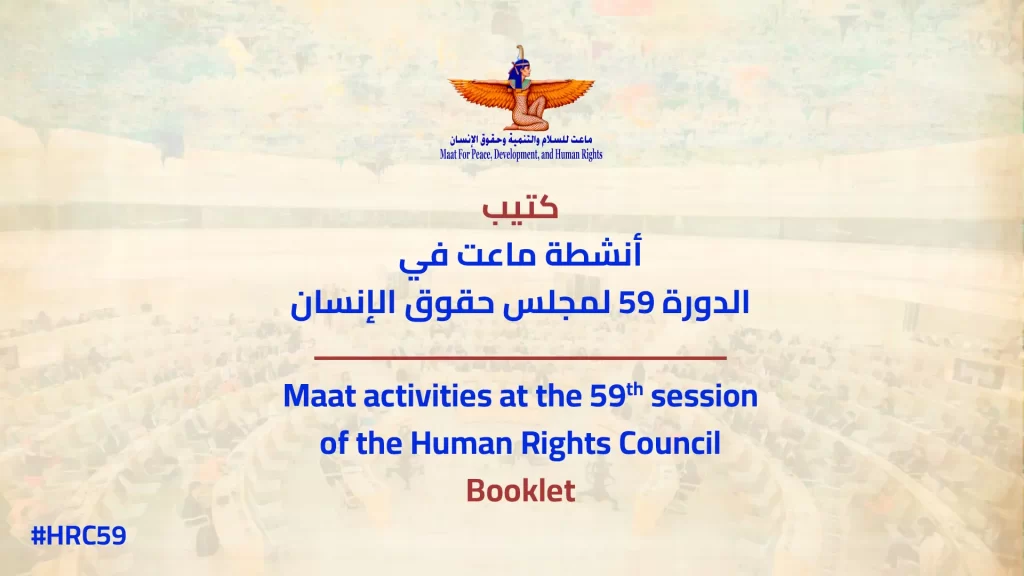Introduction
The international community’s continued disregard for the widespread violations committed by the Houthi group in Yemen opens the door wide for more arbitrary practices against unarmed civilians, including women and children, and those opposed to the Houthi coup against the internationally recognized government (the government of Abd Rabbo Mansour Hadi), who They were married in illegal detention and the Houthi prison administration practiced crimes that amounted to torture. This is inconsistent with international human rights law, as well as the principles of international humanitarian law, which require all parties to armed conflicts to spare civilians the trauma of war.
At a time when Yemen is suffering from the largest humanitarian crisis in the world, the Houthis have been expanding the circle of violations against their opponents, whether in Sanaa or in other governorates under their control, and the frequency of these violations has increased in the prisons under the supervision of the Houthi group, where it operates The Houthi group must detain and arrest individuals who violate its orientation as well as individuals who oppose its policies in managing the governorates under its control. The group believed that the arrests are an effective tool to impose its brutal security grip. The Houthis fabricated this accusation against anyone whose loyalty you do not trust, or who does not implement the directives of the group’s leaders and those who are loyal to it. During these arrests and enforced disappearances, detainees are tortured and extorted by all means, and these practices are promoted in order to be a tool of deterrence and terror for others. Sometimes these arrests are carried out simply for the purpose of blackmailing the victim and confiscating his money, and in most cases the detainees are not released until after writing pledges in writing related to declaring that he will not engage in any political, human rights, or social work or activity that opposes the policies of the Houthis.
Whether in peacetime or in times of armed conflict, governments and non-state armed groups are required to comply with the rules of international human rights law and international humanitarian law, and they are complementary and inseparable from each other, and armed groups practice in parts of the territory under their control in Armed conflicts are violations by their nature that contradict the protection afforded to civilians by international humanitarian law.
All of the above deceives the war in Yemen, which is entering its sixth year with no looming indications that a peaceful solution might take place. The Houthi group controls a number of governorates in the north and west of Yemen, headed by the Yemeni capital, Sanaa, which it took over by force of arms on September 21, 2021, which negatively affected all aspects of life in Yemen, and since the coup against the legitimate government and until the present time, Yemen has become the worst humanitarian disaster. Currently, where 80% of the population is below the poverty line and about 24.1 million are in need of humanitarian assistance and every form of protection according to United Nations estimates, Yemen has become the undisputed bottom of the international indicators, and it came first in the fragile states index out of 178 countries in the world. While it was among the six least peaceful countries in the world, according to the report of the Development Program of the United Nations General Assembly.
This weakness, which afflicted every spot in Yemen, contributed beyond a reasonable doubt to the Houthi terrorist group, which committed nearly 100,000 violations during the last five years, at the forefront of these violations are acts of torture and cruel and degrading treatment inside prisons that are under the supervision of the Houthis, as well as On the unlawful arrest of civilians, arbitrary detention and detention, cruel and degrading treatment, violations that may often amount to direct murder, which contradicts the rules of international law regarding conditions in prisons, including the Standard Minimum Rules for the Treatment of Prisoners and the Body of Principles relating to the Protection of All People who are subjected to any form of detention or imprisonment, and basic human rights treaties such as the International Covenant on Civil and Political Rights, and the United Nations Convention against Torture.
Based on the foregoing, this report focuses on the prisons under the control of the Houthis, and the forms of torture that a wide range of detainees are subjected to inside those prisons, according to the testimonies of some detainees released within the framework of the prisoner exchange agreement on October 15, 2020, between the Houthi terrorist group and the legitimate government sponsored United nations. Especially in light of the absence of any significant control over these prisons in the Houthi areas, but before that we clarify the legal framework for the treatment of detainees and prisoners, especially in times of armed conflicts.
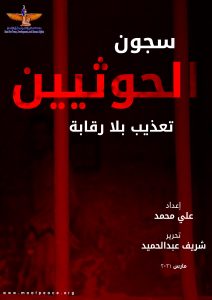
To obtain a copy of the report, please complete the following data:
shortlink: https://maatpeace.org/en/?p=32189


